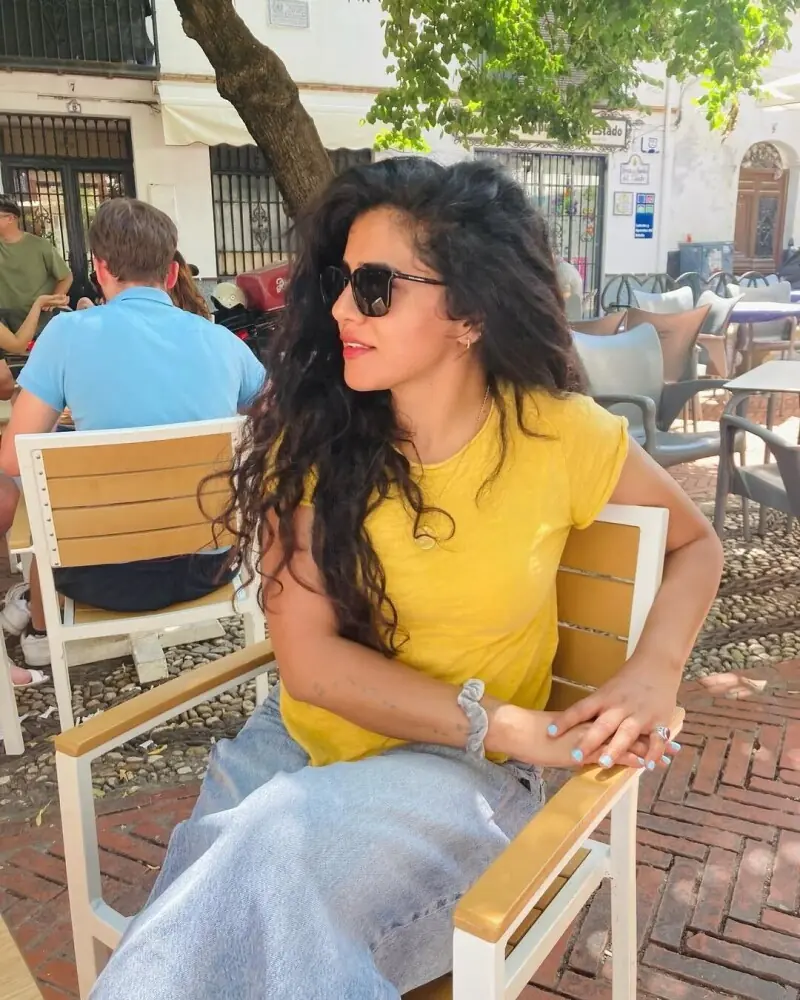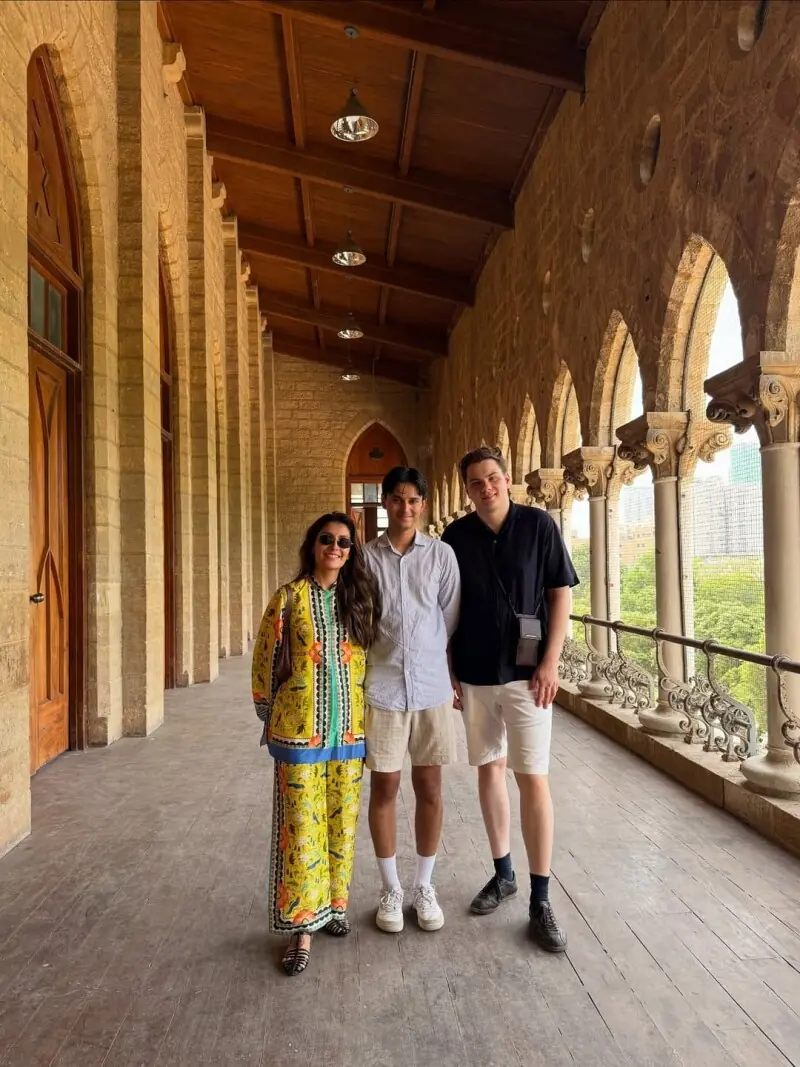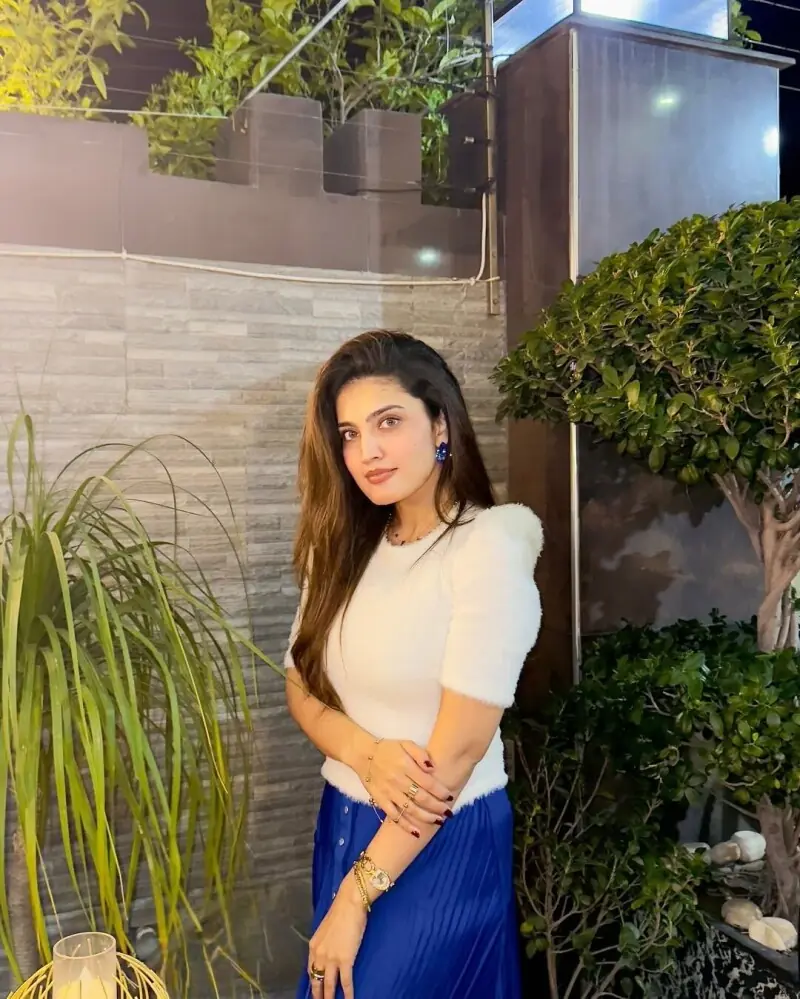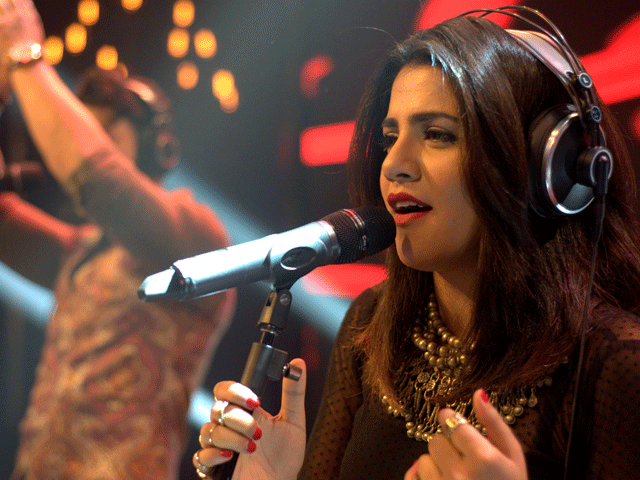Baloch benju maestro Ustad Noor Bakhsh’s debut album Jingul is out on Bandcamp
Baloch benju maestro Ustad Noor Bakhsh is going international with his first album Jingul set to release today (September 2).
The musician got his unofficial break globally when videos of him playing went viral on social media earlier this year. The videos garnered massive attention across the world, particularly from Indian, European and North American audiences. His growing fandom eagerly awaits his debut solo album, which will release exclusively on American online audio distribution platform Bandcamp via the newly founded label, honiunhoni.
The Ustad, already well-known across the Makran Coast and in Balochistan, named the album after a bird that often frequents his house, and whose songs inspired the last track on this release — an original by him. He plays an electric benju, amplified using an old pick up and Phillips amp that he found in a market in Karachi three decades ago.
Jingul was recorded live on location by Daniyal Ahmed, the founder of honiunhoni, during a memorable sunset on the Shadi Kaur creek, close to Bakhsh’s village near Pasni. He was accompanied on the damboora (a two-stringed musical instrument) by Jamadar Gohram and Doshambay. The album was mixed and mastered by Nizar Lalani, a Pakistani music producer who is known for his work on iconic albums such as String’s Duur, Junoon’s Inquilaab, Hadiqa Kiyani’s Roshni, and Aamir Zaki’s Signature. The cover has been designed by Abeera Kamran.
The Ustad is currently in Karachi for his album release and enjoying his rejuvenated popularity, particularly amongst the Baloch communities of the city. The album, all-instrumental, can be purchased for high quality download and streaming via Bandcamp here. All proceeds from it go directly to the artist. The platform will also waive all processing fees for purchases taking place on Friday.
In a conversation with Images, Ahmed revealed how he discovered the Ustad and travelled in search of him. “I saw a video of Ustad Noor Bakhsh in 2018 and his playing left an indelible imprint on my mind. But it was only in January this year that I managed to make a trip to his village near Pasni and go find him,” he said.
In a moment of total serendipity, the scout found the maestro. “I didn’t have any contact or address so I was just asking along the way. I couldn’t find his village but luckily found him, trying to hitch a ride back home because his motorcycle chain had broken. We then drove to his home where I, and my friend Shahid Khan who accompanied me, stayed for the next five days and did several recordings.”
The plan was always to share Bakhsh’s music with the rest of the world and it remains the same even for this album. Along with bringing the “magnificent” talent to light, he is trying his best to do it in a way that the Ustad sees a quick and tangible return from it. “I feel a musician of his caliber should definitely have a solo album because he’s developed that repertoire. It also helps with getting international tours, which is a great way for musicians like him to earn from their music,” he explained.
Ahmed himself is a musician. “My primary instrument is the bansuri [flute], which makes me very close to ‘folk’ music. I also do research on/with music and since I am Karachi based, Sindh and Balochistan have been my primary fields for the last couple of years. Both regions have extremely rich and fascinating cultures of sound and music,” he said. “With respect to the direction the label has taken, I love hearing musicians play in raw, natural, acoustic spaces. So I try to record them in a way that others can also see and hear what that feels like. But you know how it is with music, it can go in any direction.”











Comments